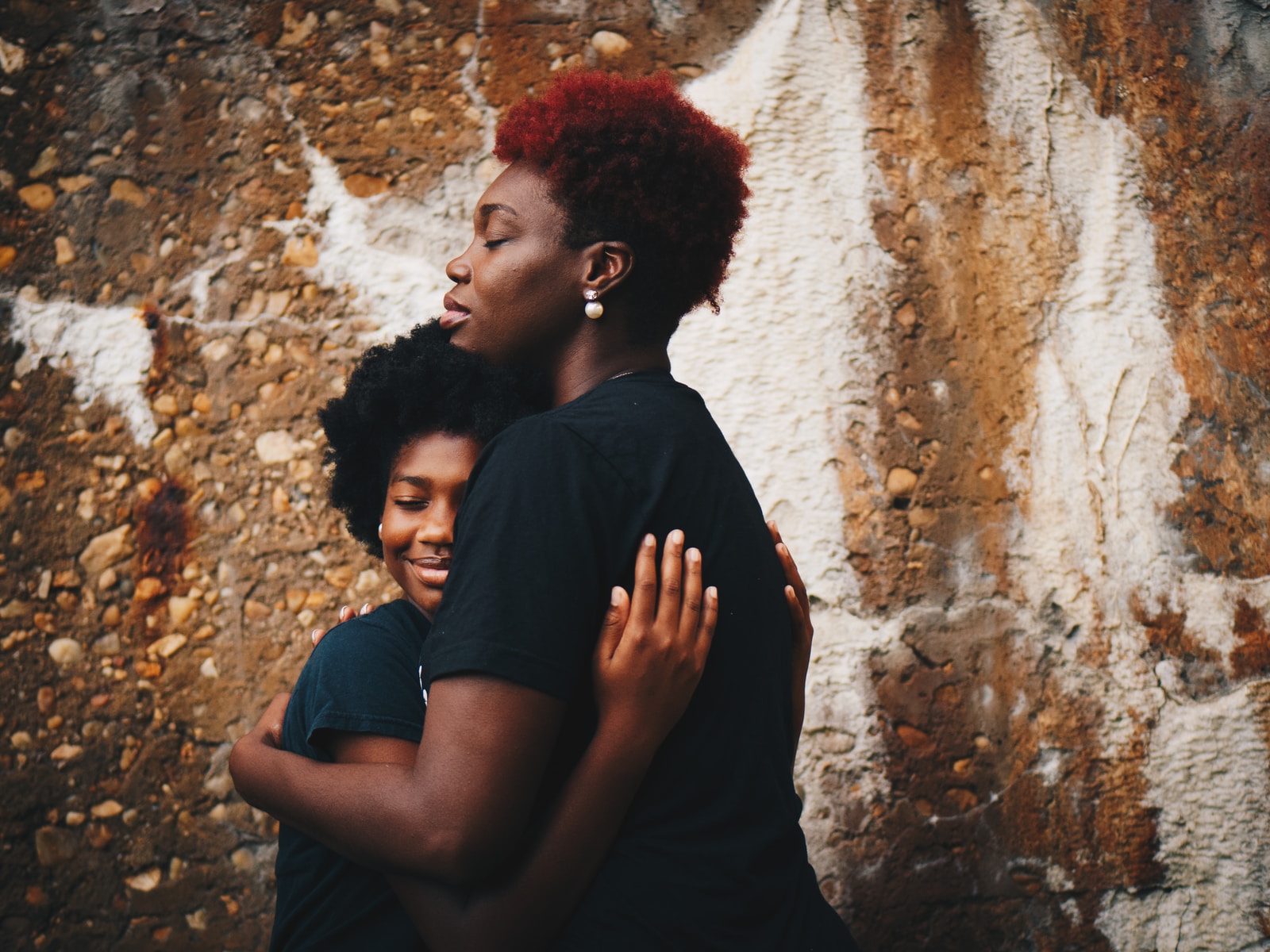Everyone has a different time table for their grief. Often teens postpone some of their grieving until they are more mature or have a more emotionally stable environment.
Over the years, our counselors have received many calls from concerned parents about their grieving teens. They say things like, “he doesn’t cry,” or “her grades have gone down,” or “he’s so angry.” Negative behaviors, signs of depression, or problems with school and sleep are common reactions amongst teens. The challenge is that although teens may look like adults, they are still developing their coping skills. Emotionally they react more like children than adults. When death occurs, teens often feel more like a child but try to make others think they have everything under control.
Grieving teens need support at home and at school. It is typical for grades to go down for a semester and sometimes the first year. Even if teens are resistant to informing their teachers about their loss, it is best to work with the school counselor or principal to inform them. Your teen’s grief will most likely affect schoolwork, grades, and getting assignments completed on time. Teachers are often willing to work with students to extend deadlines or give extra help when needed. It is a good idea for parents to check in with their teens before grades take a drastic turn.
Educating teens about grief is also essential. There are great books such as “Help for the Hard Times” by Earl Hipp that explain what is normal for a grieving teen. Knowing the normal process of grief helps decrease anxiety that may trigger teens to think that there is something “wrong” with them.
Sometimes grief groups are available at schools or through area grief centers or hospices. Individual counseling is also an option. If teens are resistant to grief counseling, encourage them to give it a try two or three times first. You may have to bribe them a little, but most often, once they try it, they discover it is helpful and want to stay. If not, they may not be ready.
Encourage them to find some way to let their feelings out. Poetry writing, journaling, art, and music are all healthy ways to express their grief.
Cornerstone of Hope offers structured grief support groups as well as individual grief counseling both in-person and virtually. Call one of our locations for more information.
Cleveland | 216-524-4673
Columbus | 614-824-4285

No Comments.